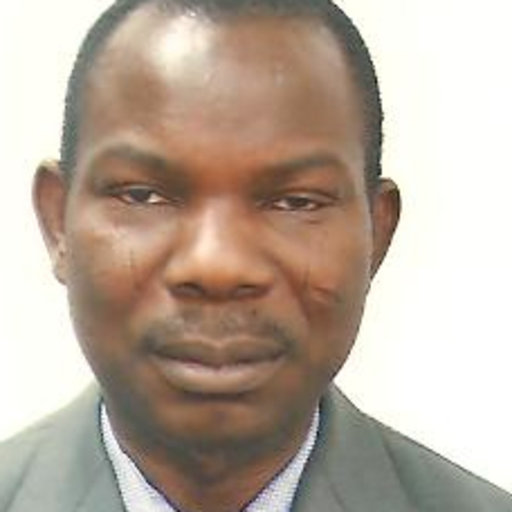The President of the Nigerian Hypertension Society (NHS), Prof. Simeon Isezuo, has highlighted changes in dietary habits and reduced physical activity as significant contributors to the increasing rates of hypertension in Nigeria.
Prof. Isezuo noted that one in three adults and one in two Nigerian adults aged 60 and above have hypertension. He emphasized that while the rising cost of drugs exacerbates the situation by making medications less affordable, the increased cost of food does not directly cause hypertension.
At the recent 24th Scientific Conference and Annual General Meeting of the NHS in Lagos, the Lagos State Commissioner for Health, Prof. Akin Abayomi, also expressed concern over the high prevalence of hypertension, which he described as alarming. The conference, themed “Managing Hypertension in a Depressed Economy” with a subtheme on “Hypertension in Children,” highlighted the morbidity, mortality, and economic impact of hypertension in Nigeria.
According to the World Health Organization (WHO), hypertension, or high blood pressure, occurs when blood pressure readings consistently reach 140/90 mmHg or higher. The WHO reports that about 46% of adults with hypertension are unaware of their condition and that 1.28 billion adults aged 30-79 years have hypertension, most of whom live in low- and middle-income countries.
Prof. Isezuo pointed out that while genetic predisposition plays a primary role in hypertension, lifestyle changes, particularly increased salt intake, are significant contributing factors. He noted that a shift from traditional African diets to Western diets rich in salt has played a major role in this increase.
“Salt is an important factor in the development of hypertension in Africans. Many people now eat more outside their homes, where food is often prepared with high salt content, and we consume more preserved foods high in salt,” Isezuo explained.
He also highlighted the rise in sedentary lifestyles, leading to weight gain and obesity, as additional factors contributing to hypertension. He warned that other risk factors include ageing, cigarette smoking, excessive alcohol consumption, and urbanization.
Prof. Isezuo emphasized the need for promoting traditional African diets low in salt, sugar, and fats, and increasing physical activity to combat the rising prevalence of hypertension. He recommended brisk walks for 30 minutes daily and encouraged individuals to engage in more physical tasks themselves rather than relying on others.
The NHS president reassured those with hypertension that the condition is manageable with regular medication, lifestyle modifications, and routine blood pressure checks. He affirmed the NHS’s collaboration with the Federal Ministry of Health and Social Welfare to ensure hypertension is effectively managed and controlled in Nigeria.
